Sri Lanka: Agenda behind the burqa ban is racist?
The government of Sri Lanka told authorities that the burqa ban is due to national security grounds while calling it used as religious extremism, but the public suggests that it is racist agenda used to create divisions in Sri Lanka.
15th of March 2021

World: The government of Sri Lanka told authorities that the burqa ban is due to national security grounds while calling it used as religious extremism, but the public suggests that it is racist agenda used to create divisions in Sri Lanka.
Switzerland joins Austria, Belgium, and France in banning the burqa, and Sri Lanka also signed to restrict the wearing of the burqa in the nation.
What is the voice of PUBLIC?
The voices of people are louder than ever; this announcement of the burqa ban created chaos on Twitter.
A Twitter user wrote, “I don’t approve of #Burqa but outlawing it amidst of the #pandemic appears to be ineffective, ridiculous and discriminatory. There’s have to be hidden motives behind this drama or just the manifestation of government’s incompetency. #BurqaBan #facemask #SriLanka.”
Another Twitter user, “Hope the #burqaban doesn’t lead to the unnecessary harassment of Muslim women who choose to cover their head. I hope govt makes it very clear and educates the racists on what exactly they are banning. Banning is one thing, educating the public another.”
Journalist based in Colombo, Munza Mushtaq tweeted, “So, is Sarath Weerasekara banning the burqa because of the recommendations of the PCoI on the Easter Sunday Attacks? If so, shouldn’t he also ban the Bodu Bala Sena? #LKA #SriLanka #BurqaBan #BBS.”
So, is Sarath Weerasekara banning the burqa because of the recommendations of the PCoI on the Easter Sunday Attacks?
— Munza Mushtaq (@munza14) March 13, 2021
If so, shouldn't he also ban the Bodu Bala Sena? #LKA #SriLanka #BurqaBan #BBS
Another user wrote, “The right to freedom of religion is just as important as the right to free speech/trial or any other basic rights, and this is a clear infringement upon one’s basic rights. #burqaban.”
If the #BurqaBan is indeed implemented, the government needs to take full responsibility in educating the public on the differences between a burqa, niqab, hijab, etc. to make sure there is no confusion that would lead to a racial turmoil in the country https://t.co/iii2rEvt32
— Adrian Jansz (@AdrianJansz) March 14, 2021
Adrian Jansz tweeted, “If the #BurqaBan is indeed implemented, the government needs to take full responsibility in educating the public on the differences between a burqa, niqab, hijab, etc., to make sure there is no confusion that would lead to a racial turmoil in the country.”
The appeal of the Burqa Ban
On 13 March, Sri Lanka’s Minister for Public Security Sarath Weerasekera announced that he had signed a document for cabinet approval to ban the burqa, continuing that the administration also plans to halt more than 1,000 Islamic schools that were defying the national education system.
Sri Lankans demonstrated disapproval of the scheme, with many observing the act as an endeavor to appease Sri Lanka’s Buddhist majority and cause breakdowns.
Switzerland will become the fifth European nation to ban Muslim women from wearing the burqa or any type of facial cover in public places. A majority, over 51 percent of voters, favored the ban as per the outcome of the referendum. France, Belgium, and Austria, the Netherland have already implemented this ban.
Latest
- St Kitts and Nevis Government secures Frigate Bay lands for development and citizen ownership
-
Saint Lucia Cruise Port to welcome thousands of tourists from February 16-22, boosting local economy -
St Kitts and Nevis to commission Basseterre Desalination Plant on February 24 -
West Indies Women to host Sri Lanka in Six-Match Series in Grenada -
Two Ambassador cruise ships dock in St Kitts
Related Articles
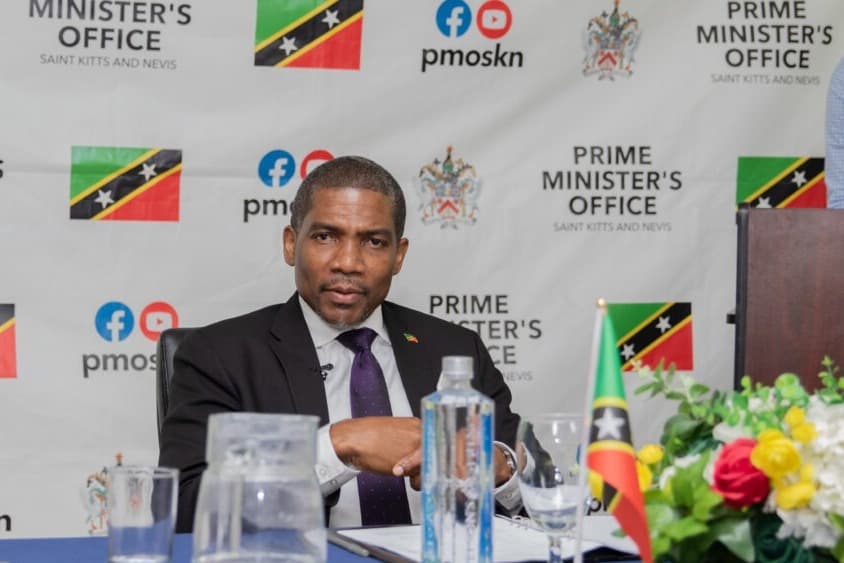
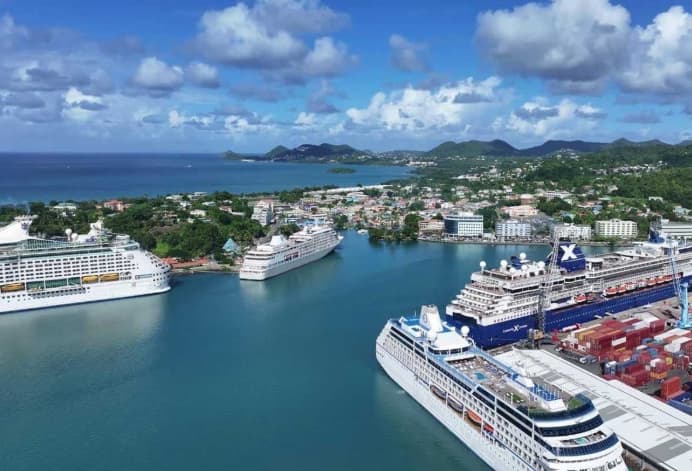
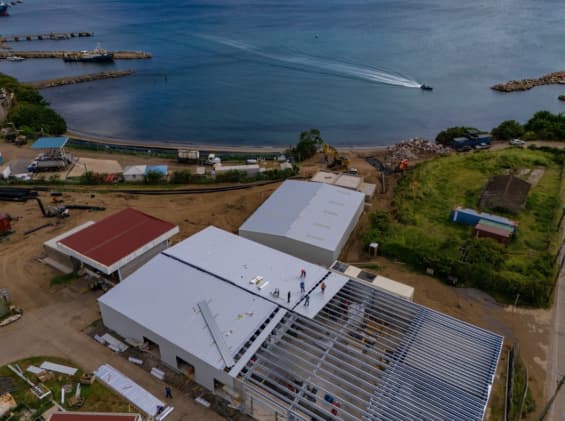
17th of February 2026
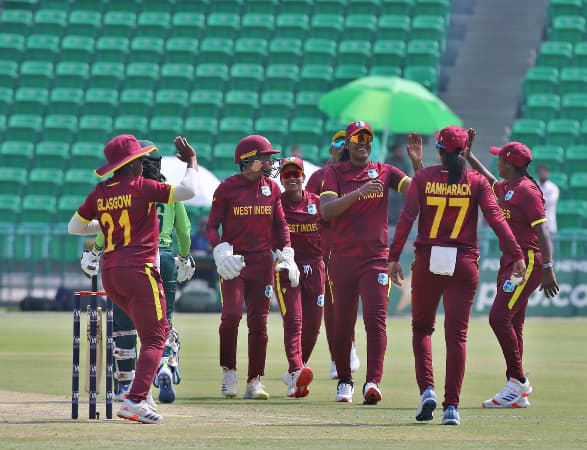
16th of February 2026
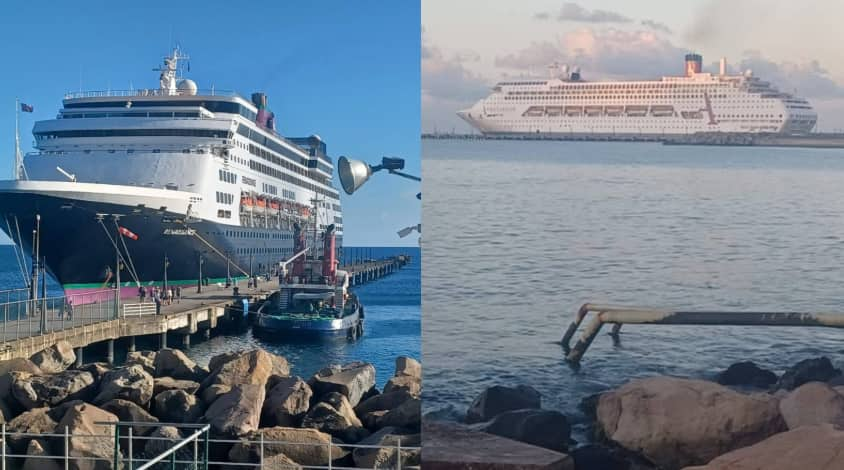
16th of February 2026
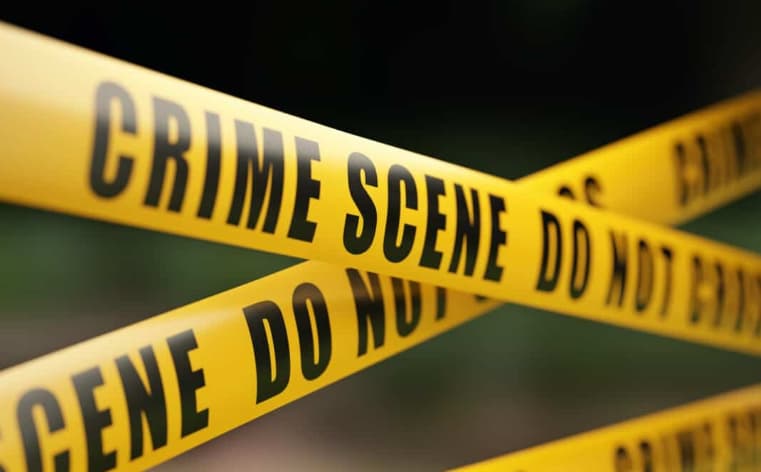
15th of February 2026
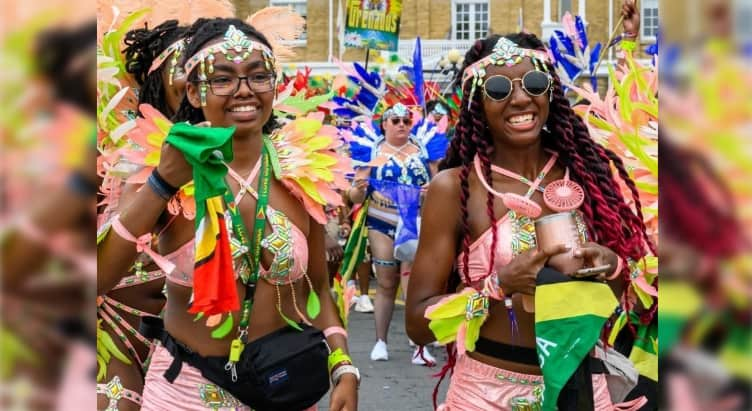
14th of February 2026

14th of February 2026
